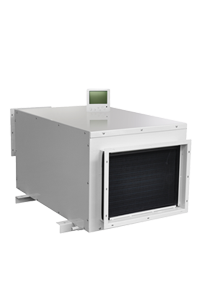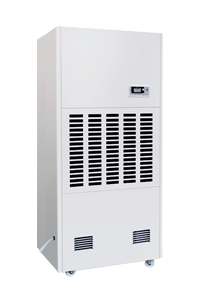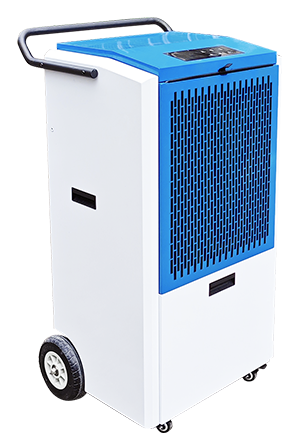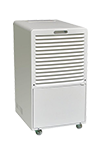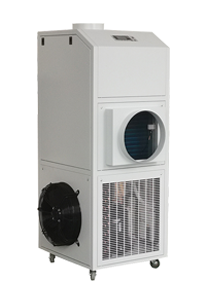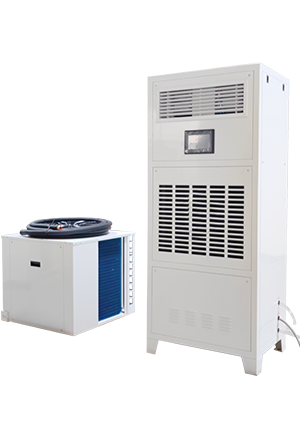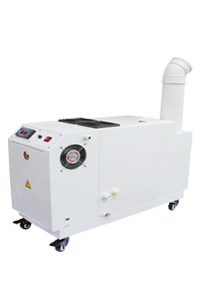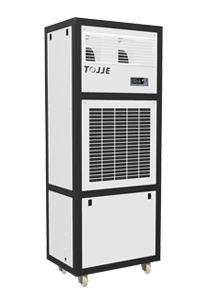News
As industries and commercial spaces strive to improve energy efficiency and indoor air quality, rotary dehumidifiers are emerging as a smart solution for sustainable climate management. By combining advanced desiccant wheel technology with intelligent control systems, modern rotary dehumidifiers deliver precise humidity regulation while significantly reducing energy consumption.
Energy Efficiency at the Core
One of the greatest advantages of rotary dehumidifiers lies in their energy-saving design. The desiccant wheel continuously rotates between two air streams—process air and regeneration air—ensuring a constant drying cycle without interruption.
- Low regeneration energy: Heat recovery and precise airflow control minimize power demand.
- Stable performance in low temperatures: Unlike refrigerant units, rotary dehumidifiers maintain efficiency even in cold or dry environments.
- Reduced operational costs: Smart control algorithms balance humidity targets with energy use, ensuring optimal performance with minimal waste.
When integrated with renewable energy sources or waste heat recovery systems, rotary dehumidifiers can operate with even greater sustainability, contributing to a facility’s carbon reduction goals.
Applications Across Industries
Smart rotary dehumidifiers are now essential in industries where humidity precision and reliability are critical:
- Lithium battery manufacturing – maintaining ultra-dry environments to prevent product degradation.
- Pharmaceutical and food processing – ensuring hygienic and controlled humidity levels.
- Electronics and semiconductor production – protecting sensitive components from moisture damage.
- HVAC and storage facilities – achieving stable comfort and preservation conditions year-round.
As global energy demands rise, smart rotary dehumidifiers represent a key step toward low-carbon, intelligent climate management. Their ability to self-adjust, recover energy, and integrate into smart building ecosystems makes them an ideal choice for modern, sustainable facilities.
With ongoing innovations in materials science, sensor technology, and digital control, rotary dehumidifiers will continue to evolve—offering cleaner air, lower energy consumption, and greater control over industrial and commercial environments.

